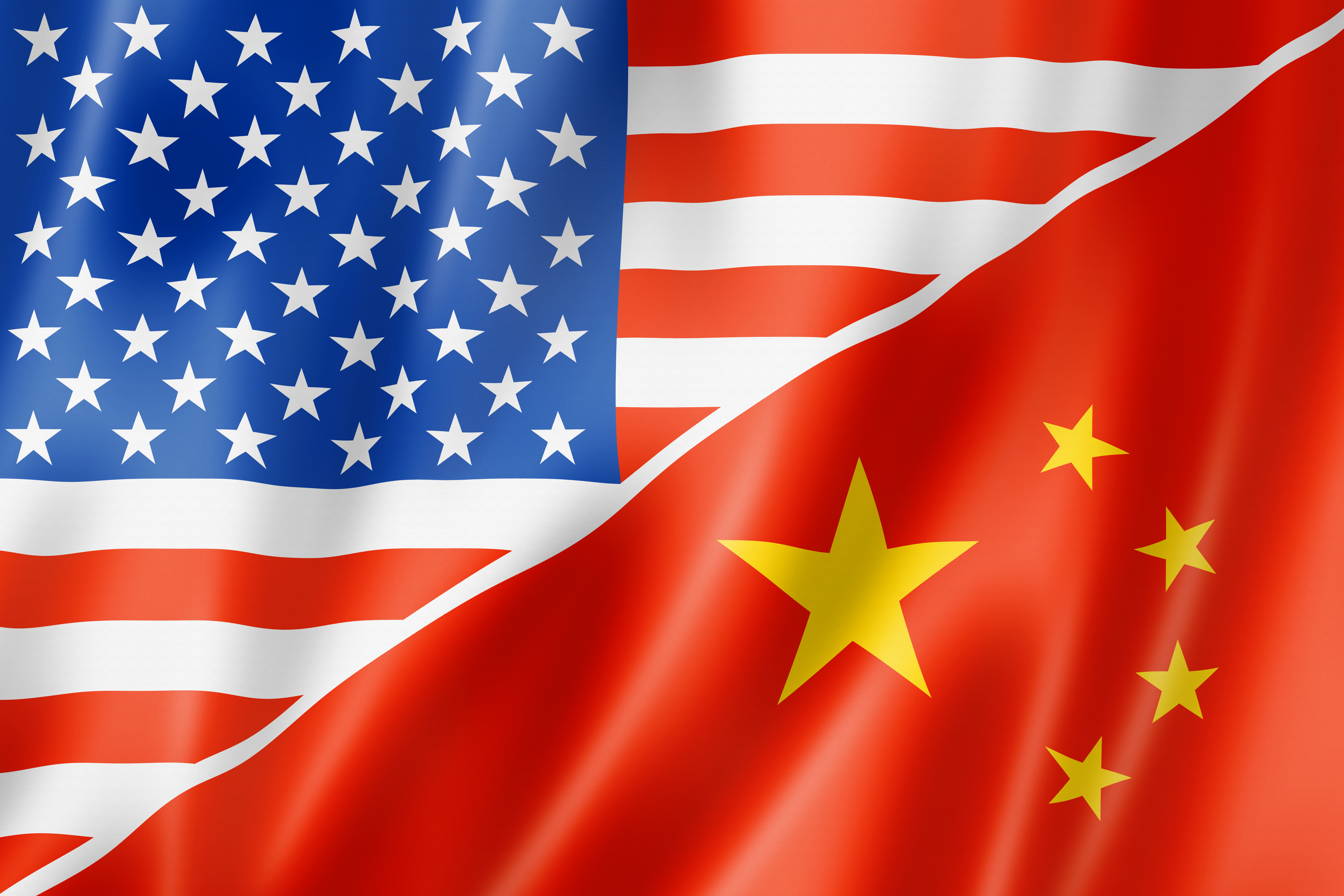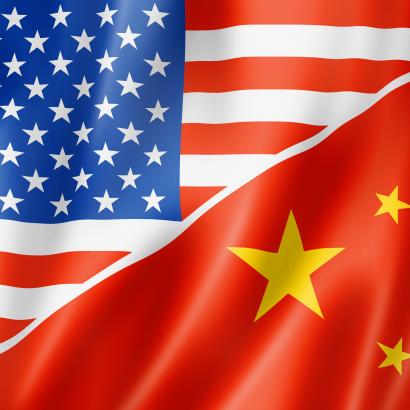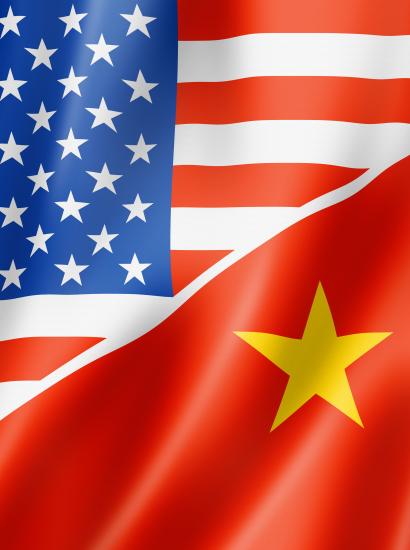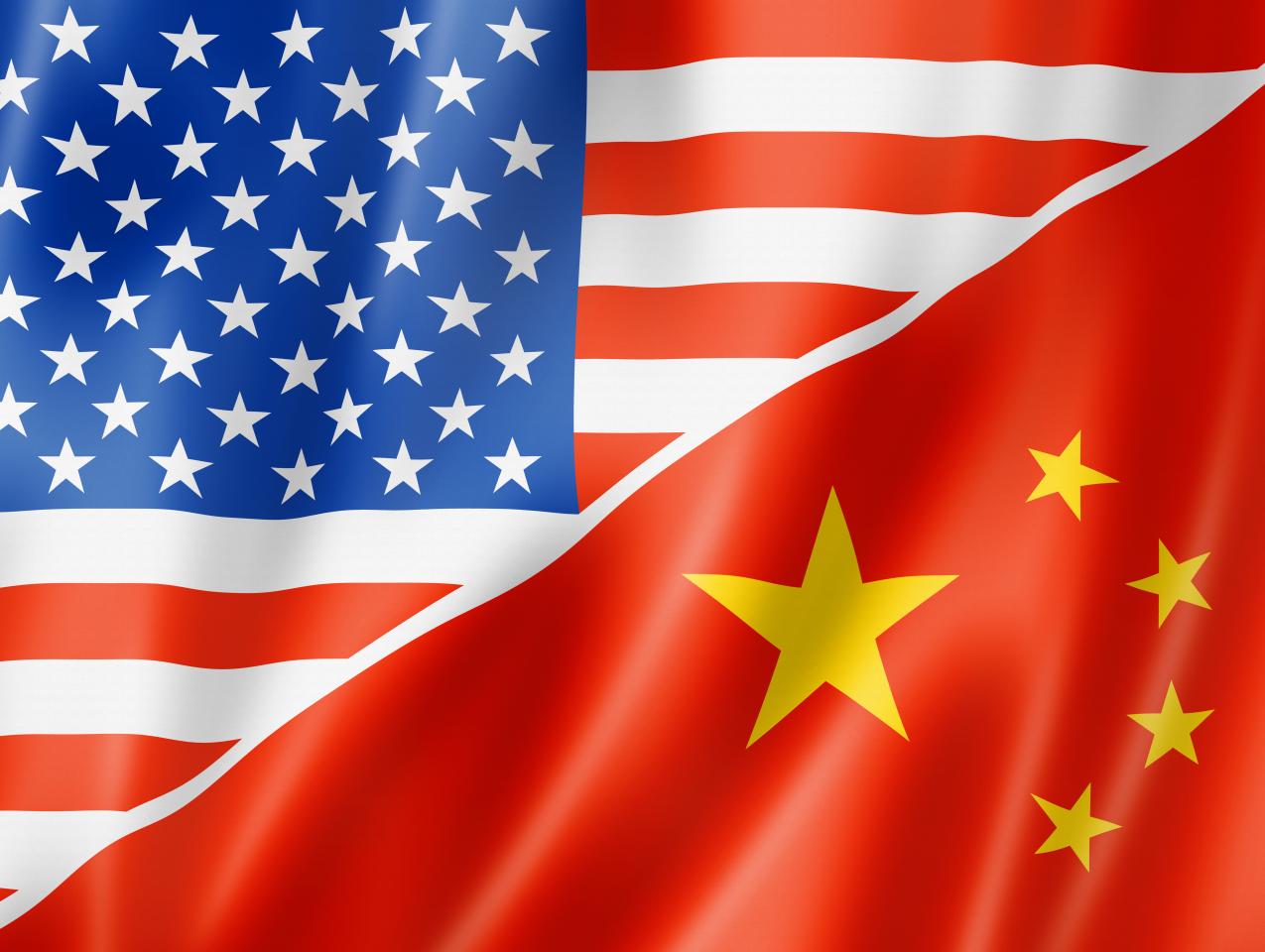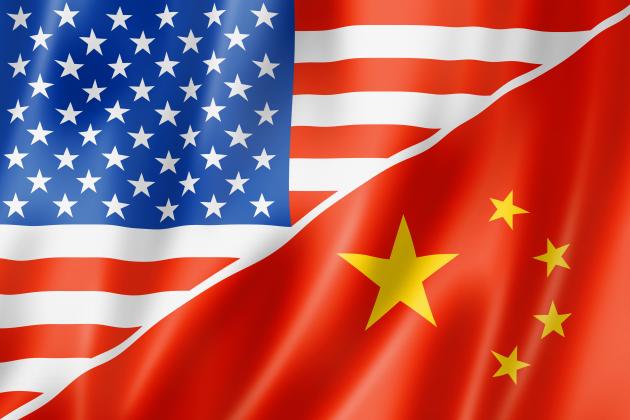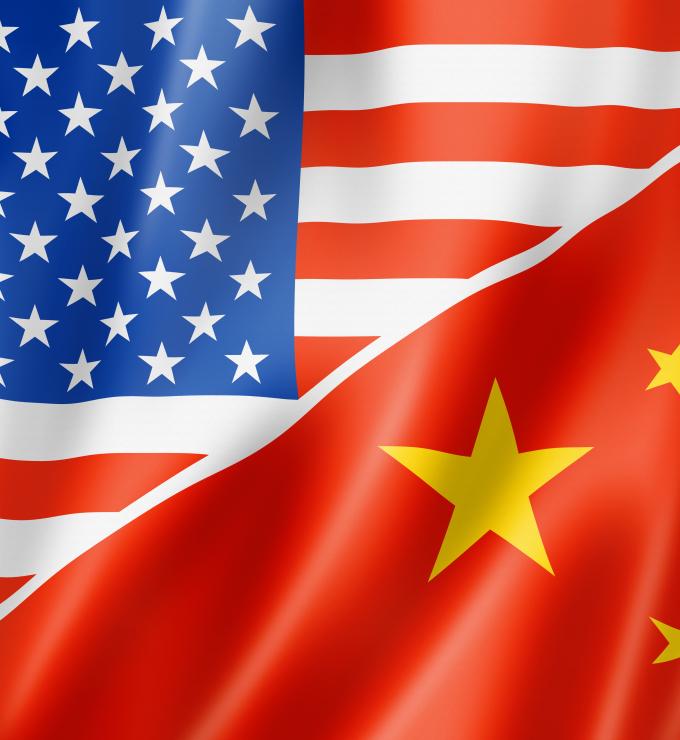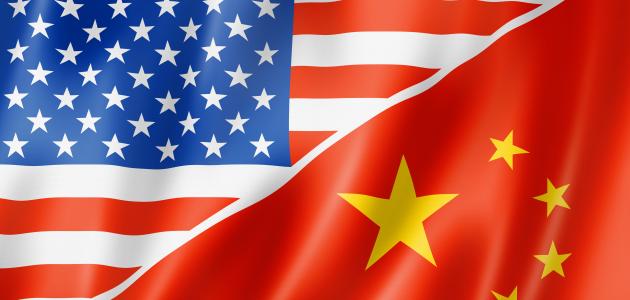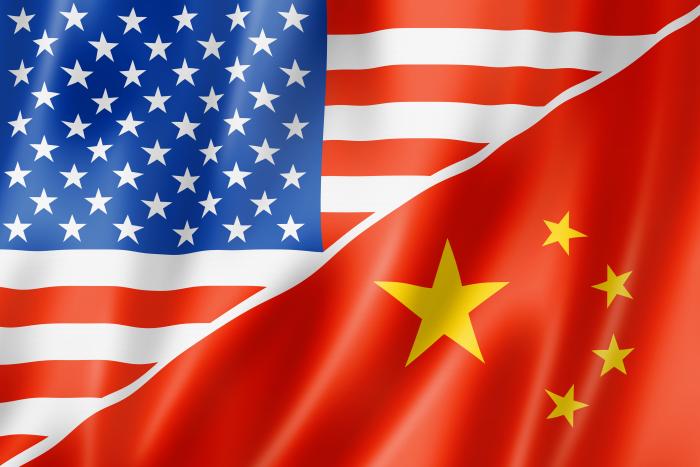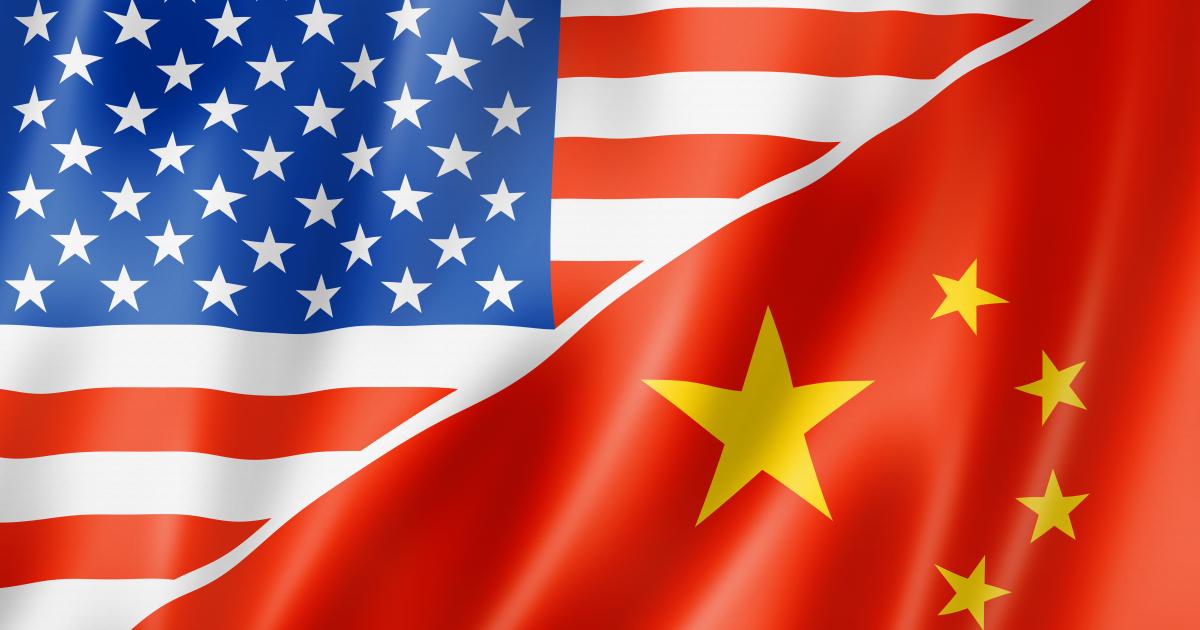- Security & Defense
- US Defense
- International Affairs
- US Foreign Policy
- History
- US
- World
- Law & Policy
- Civil Rights & Race
Hoover Institution fellow Kori Schake discusses the rise of China and what that means for the United States. A rising China can be a responsible stakeholder if it rises on our terms and upholds our rules of order. That kind of China displacing would suit US interests.
But Schake’s research shows that hegemonic control of the international order results in the country in control remaking the international order as a microcosm of its own domestic and political structures. China is therefore not likely to uphold US rules.
The United States set up a consensual international order using rules, meaning that weak states can be confident that strong states will honor those rules. As China rises, can free markets exist in closed political systems? Authoritarian capitalism has been sustained for more than forty years in China. Can it continue and expand internationally? The bargain the Chinese government has put in place for the past forty years is that it will help provide prosperity and that the people will comply with a political system that sets the boundaries for discourse in society.
Other questions to be concerned with as China rises are: Can China move to a floating currency without provoking a political disruption that will bring the government down? Can state-owned firms be privatized?
Since the beginning of the summer the Chinese stock market has lost 30 percent of its value. China has put a trillion dollars into the market to stop the skittishness. If the prosperity in China stalls, then what will happen?
We may then have the people of China trying to upend the international order.
The United States has succeeded with soft power, but there are concerns about a rising China and where it will go.







